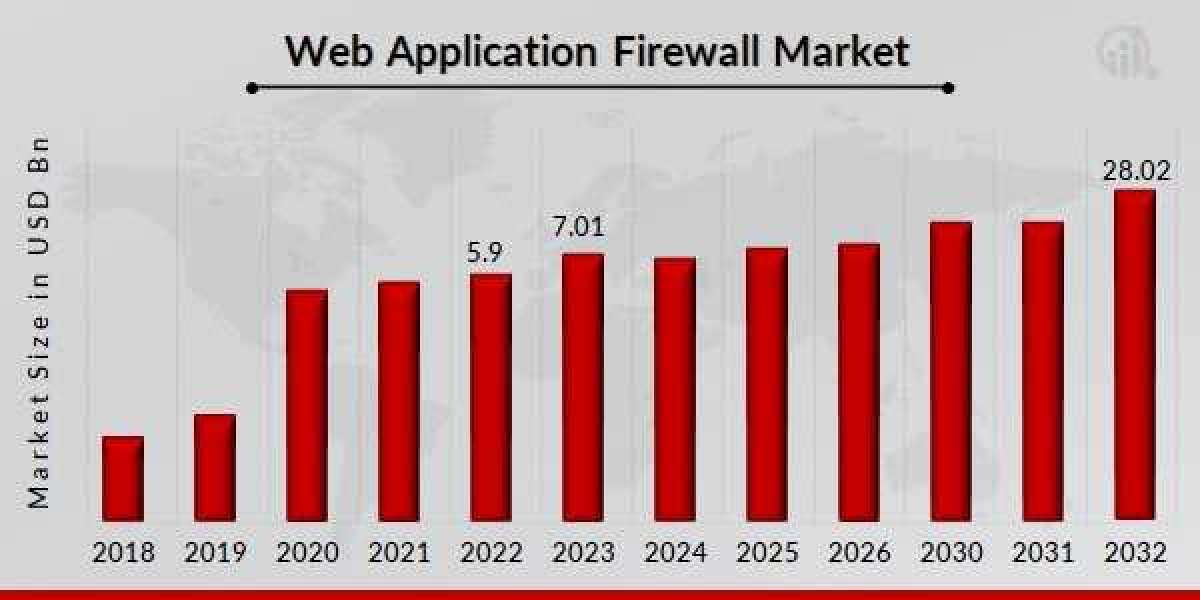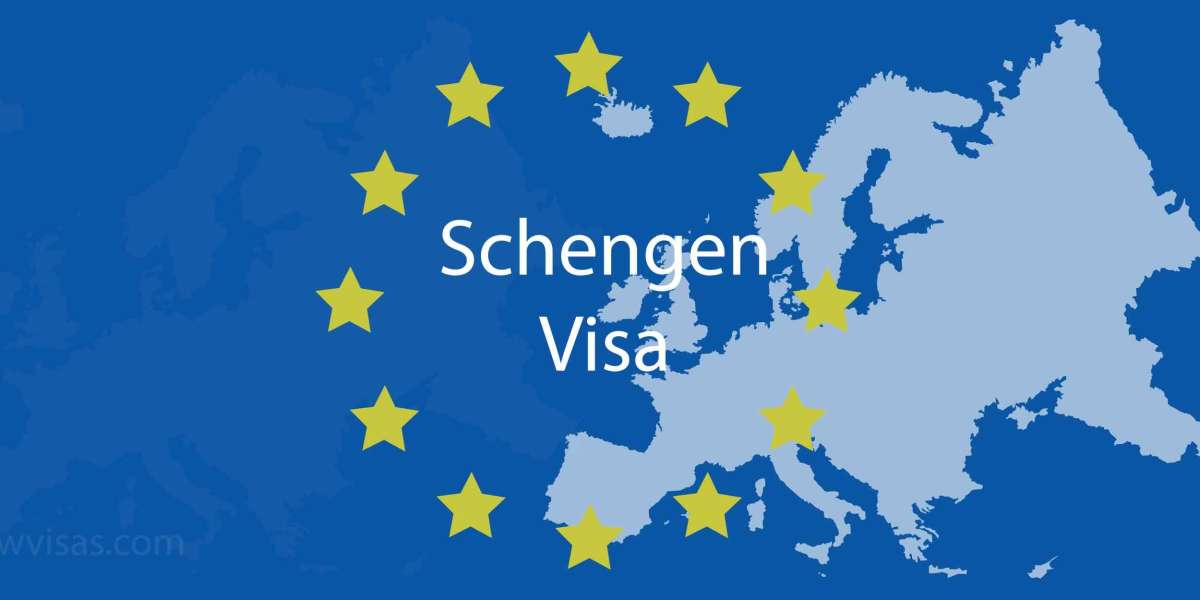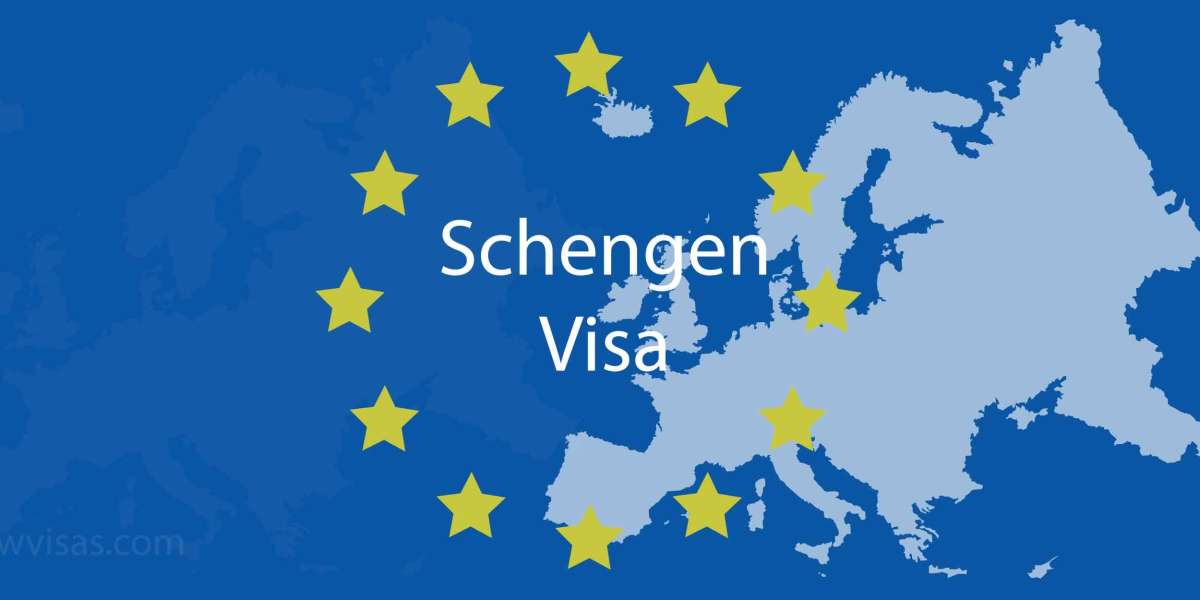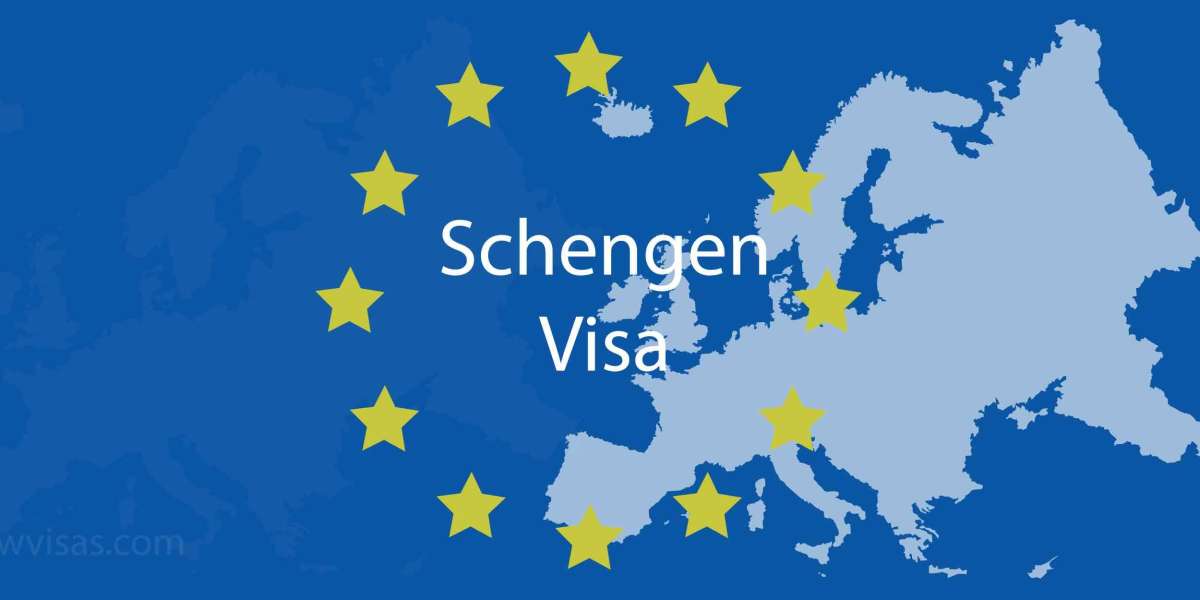The telecommunications industry is poised for a digital revolution, as indicated by various industry reports and forecasts. According to the McKinsey Report (2023), the adoption of artificial intelligence (AI) could yield a staggering USD 3.9 trillion in value for the telecom sector by 2030, with a substantial portion attributed to automation and customer service enhancements. Concurrently, Statista projects a significant surge in digital advertising spending, reaching an estimated USD 740.3 billion in 2024.
The fast digitization is further exemplified by the global mobile advertising market, which was valued at USD 73.38 billion in 2022 and is expected to witness a robust compound annual growth rate (CAGR) of 15.59% through 2028, reaching USD 175 billion (Source: Market Research Guru). TM Forum's 2023 survey underlines the pervasive AI adoption by telecom operators, with 82% reporting ongoing AI initiatives.
Additionally, insights from the Gartner Report (2023) project a substantial uptake of Network-as-a-Service (NaaS) solutions, with 25% of large enterprises anticipated to embrace NaaS by 2024. This trend signifies an expanding market for industry-specific solutions offered by telecom operators. Furthermore, GSMA Intelligence forecasts an impressive milestone of 2.5 billion 5G connections globally by the end of 2024, reflecting the widespread adoption and impact of advanced connectivity technologies.
The data paints a vivid picture of the digitization sweeping through the telecom industry, compelling telecommunications brands to reimagine their business models in a fiercely competitive and fast-paced market environment. Key technological advancements such as 5G, Big Data, AI, mobile advertising, and the Internet of Things (IoT) are leading to a paradigm shift in how telcos operate and engage with their clientele.
In this digital landscape, a "digital telco" paradigm emerges, where telecom operators leverage cutting-edge technologies to redefine their strategies and customer interactions. A digital telco offers customers seamless digital avenues such as websites or apps or certain online platforms for ordering products and services, leading to instant fulfillment of orders through fully automated customer processes (Source: Salesforce Blog).
Big telecom operators like Indosat Ooredoo Hutchinson, Vodafone, Celcom, Maxis, Airtel, Digi, etc. have allied with moLotus, an innovative mobile video customer interaction platform and GSM-based tech helping revenue generation via digitization. They are using the moLotus smart capabilities like personalization, automation, interactivity, scalability, customization, and integration for rapid high-margin revenues - No mobile application needed, no data plan, no spam involved!
Digital technologies facilitate streamlined internal operations within telcos, eliminating redundancies and ensuring a seamless multi-channel customer journey that enhances customer experience and fosters loyalty. Features such as AI-driven customer support and chatbots, intuitive mobile apps, and hyper-personalization further enrich the customer interaction landscape, meeting the growing expectations for superior commerce experiences across all touchpoints.
While digitization presents formidable challenges, it is primarily viewed as an opportunity for telcos to fortify their market position, overhaul business systems, and introduce innovative offerings tailored to customer needs. As highlighted in the Global Telecom Study by EY, digital transformation ranks high on the strategic agenda of industry CXOs, emphasizing the imperative of embracing digital business models, enhancing customer experience, and optimizing operational costs.
However, despite its potential, many telecom operators are yet to fully harness the benefits of digitization, underscoring the importance of exploring and capitalizing on the top five digitization opportunities that pave the path for comprehensive telco digital transformation.
1. Digital Monetization of Subscriber Intelligence
Digital monetization of subscriber intelligence presents a profound opportunity for telecom operators to leverage their vast reservoir of customer data for strategic business growth. With unparalleled access to customer behaviors and usage patterns, telcos are uniquely positioned to extract valuable insights that can drive revenue maximization across both top-line and bottom-line operations. The transformative potential of this data lies in its ability to inform targeted marketing strategies, enhance customer experiences, and optimize operational efficiencies.
Embracing digital monetization entails adopting cutting-edge automation and analytics tools that can transform raw data into actionable intelligence. By investing in robust data management platforms and analytics solutions, telcos can unlock the full potential of their subscriber intelligence, enabling them to make informed decisions and drive impactful business outcomes.
One of the key facets of digital monetization is the creation of customized data products and solutions tailored to specific customer needs. Telcos can leverage their deep understanding of customer preferences and behaviors to develop innovative offerings that resonate with target segments, thereby driving customer acquisition and retention.
Furthermore, digital monetization opens avenues for location-based marketing initiatives, where telcos can track customer locations in real time to deliver hyper-targeted and personalized marketing campaigns. This targeted approach not only enhances the effectiveness of marketing efforts but also strengthens customer engagement and brand loyalty.
In the realm of marketing digitization tools, moLotus stands out with its advanced data curation and analytics capabilities. moLotus streamlines the data mining, management, and analysis process, empowering telcos to derive actionable insights from their campaign data swiftly and efficiently. The platform's comprehensive reporting features enable telcos to gain a holistic view of their marketing performance, allowing them to refine strategies and drive continuous improvement.
By harnessing the power of digital monetization and leveraging tools like moLotus, telcos can unlock new revenue streams, enhance customer relationships, and stay ahead in an increasingly competitive market landscape. The strategic utilization of subscriber intelligence not only drives business growth but also positions telcos as innovative leaders in the digital era of telecommunications.
2. Digitizing Customer Experience
Customer expectations in the telecom industry are evolving rapidly, necessitating a shift towards personalized experiences rather than just providing basic connectivity services. In 2024, digital advertising, especially mobile advertising, has emerged as a powerful tool for telecom operators to digitize and enhance customer experiences significantly, leading to increased revenues and profitability.
moLotus, an innovative technology, plays a pivotal role in revolutionizing customer satisfaction by enabling telcos to send hyper-personalized and interactive mobile video messages. These messages are customized based on individual preferences, fostering higher engagement levels and ensuring relevant and captivating communication experiences.
Through moLotus, telcos can streamline the onboarding process for new customers by delivering informative videos that explain service features and benefits, reducing confusion and enhancing satisfaction. Additionally, moLotus facilitates proactive customer support by addressing common issues and offering solutions through video messages, ensuring a seamless customer experience.
moLotus helps telecom brands send service reminders and notifications, keeping clients informed about plan renewals, billing cycles, or forthcoming upgrades. This proactive approach nurtures a sense of care and attention from the telco, fostering loyalty and strengthening the overall brand experience.
Through moLotus, telcos can create interactive experiences with response options like Call, Web Click, USSD, SMS, and more, encouraging customer participation and loyalty program engagement. moLotus also serves as a platform for valuable customer feedback and surveys embedded within mobile video messages, helping telcos understand customer preferences and improve service offerings based on data-backed decisions.
Apart from moLotus, other notable mobile advertising platforms like AdColony, InMobi, and Google Ads contribute to engaging ad experiences, providing storytelling opportunities, contextual advertisements, and extensive reach across digital touchpoints.
3. Automating Customer Processes with Faster Sales Conversions
In today's digital age, automating workflows and processes has become a critical strategy for telecom operators. By reducing reliance on manual tasks, automation not only minimizes the risk of errors but also keeps operational costs at a minimum.
Digital transformation is at the core of this automation revolution, integrating automated solutions across all levels and processes. One significant area of focus is automating sales processes to streamline operations, save time, and decrease operational expenditures. This entails automating tasks such as creating workflows, sending emails, setting up alerts and notifications to track the sales pipeline, and more.
By automating sales processes, telecom operators can centralize day-to-day operations, capture leads efficiently, organize customer databases effectively, ensure timely quotations, maintain prompt interactions, and manage the sales pipeline seamlessly. Advanced analytics further enhance this process by leveraging data to improve sales forecasts, identify lucrative lead sources, and optimize sales strategies.
Leading the charge in this automation journey are innovative marketing automation tools like moLotus and Hubspot. These tools revolutionize customer processes, enhancing efficiency and convenience across various touchpoints. Notably, moLotus stands out with its robust automation capabilities, specifically tailored for telecom operators.
moLotus automates critical customer processes such as onboarding, reminders, gratitude communications, and more. By automating these processes, telcos experience significant cost reductions, drive revenue growth, and achieve heightened customer engagement levels.
Moreover, innovative mobile technologies like moLotus are reshaping the loyalty card segment, replacing traditional plastic-based cards with mobile loyalty cards. This transformation enables telcos to cultivate lasting relationships with millennial customers by offering digital rewards, FAQs, real-time customer ratings, mobile reminders, instructional content, and mobile feedback.
Research indicates that moLotus has a substantial impact, with telcos experiencing up to a thirty percent reduction in outbound process costs while simultaneously witnessing improvements in customer satisfaction metrics. This underscores the transformative power of automation and innovative mobile technologies in driving faster sales conversions and enhancing overall customer experiences in the telecom industry.
4. Integration of AI
The integration of artificial intelligence (AI) is revolutionizing telecom digitization initiatives, leading to significant innovation and reshaping customer engagement paradigms. Market projections indicate a soaring market potential for AI in the telecom sector, expected to reach USD 40 billion by 2026, underlining its growing importance in the industry (Source: MarketsandMarkets).
Telcos are embracing AI across various aspects of their operations, ranging from network optimization to customer support, boosting digitization initiatives. By leveraging AI technology, telecom operators can enhance customer engagement, unlock new revenue streams through personalized services and targeted advertising, and optimize networks and operations to achieve substantial cost savings and improved business outcomes.
In this era of AI evolution, moLotus emerges as a transformative force for telcos, offering personalized AI avatars that redefine customer interactions and engagement. These AI avatars are designed to embody unique personalities, fostering trust and influence among customers. Leveraging subscriber intelligence and robust big data capabilities, these avatar-based promo videos drive conversion rates and product uptake across diverse customer segments.
With tailored avatars catering to different demographics, moLotus facilitates a wide range of interactions, from providing personalized suggestions to delivering timely support, ensuring high levels of customer satisfaction and loyalty. This personalized approach not only boosts the average revenue per user (ARPU) but also strengthens customer retention efforts.
Prominent telecom brands such as ATT, Vodafone, Orange, and China Mobile exemplify the transformative impact of AI across various operational areas. These telcos are harnessing AI to streamline network operations, enhance customer service experiences, combat fraudulent activities, and deliver personalized services that drive higher levels of customer engagement and loyalty.
5. Embracing Digital Customer Service
The evolving consumer landscape places a premium on convenience and speed. This has led to a paradigm shift towards digitized services, marking a pivotal driver for the transformation of telco businesses. Embracing digital customer service and engagement not only meets consumer expectations but also propels companies towards enhanced operational efficiency and customer satisfaction.
Recent trends highlight the preference for digital services among consumers, with convenience and speed being paramount. According to a McKinsey Report, 76 per cent of telecom customers express satisfaction with digital-only journeys, significantly higher than the 57 per cent satisfaction rate for traditional channels. This underscores the importance of embracing digital solutions to meet evolving customer needs and preferences effectively.
As telcos navigate this digital transformation journey, live chat and co-browsing functionalities emerge as essential tools to support customers throughout their buying process and post-purchase journey. Platforms such as ZenDesk Chat, LiveChat, and acquire.io offer seamless live chat experiences, enabling real-time assistance and support for web-browsing customers. These tools not only facilitate quick issue resolution but also enhance overall customer engagement and satisfaction.
One standout platform revolutionizing customer service in the telecom industry is moLotus. Beyond traditional customer support, moLotus introduces innovative features like 'Rate-it,' which enables real-time customer ratings and feedback for various service issues. This valuable data empowers telcos to analyze customer sentiments, identify areas for improvement, and implement strategic enhancements to deliver an exceptional customer experience.
By leveraging digital customer service and interaction tools like live chat platforms and moLotus, telecom brands can build stronger client relationships, drive work efficiencies, and stay ahead of the competition. Embracing digital transformation not only meets customer expectations but also positions telcos for sustainable growth and success in the digital age.
Conclusion
Top telcos are reaping significant benefits from their digital initiatives. Automation platforms are driving efficiency gains and enhancing customer engagement, while new service offerings are setting operators apart in a fiercely competitive landscape. Moreover, emerging business models in areas like advertising and data analytics are unlocking high-margin revenue streams for telcos.
By diligently tracking and optimizing their digital transformations, telcos have the potential to turn their investments into substantial returns, leading not only themselves but also their customers and the entire industry forward into a future of unparalleled innovation and growth.







